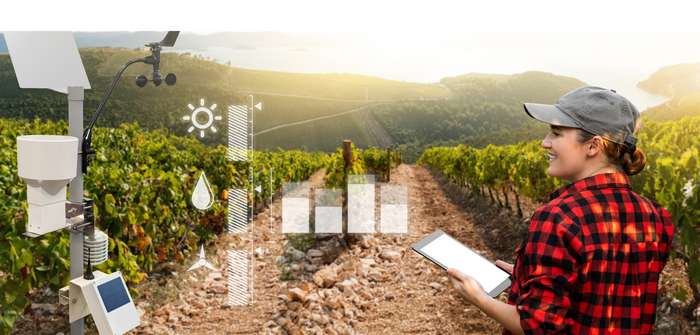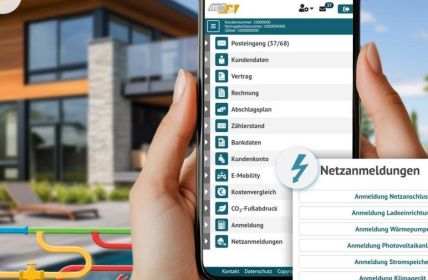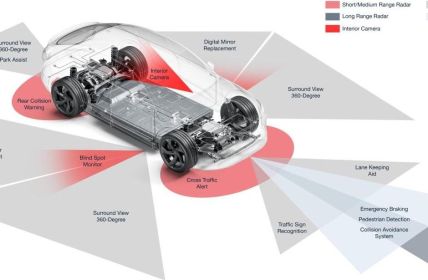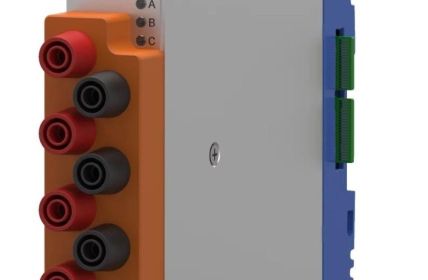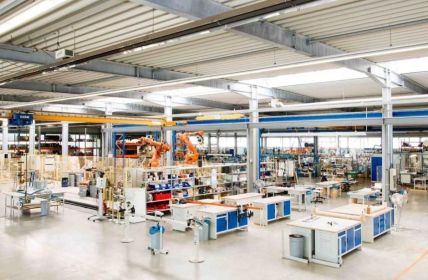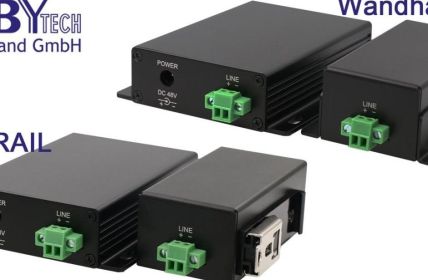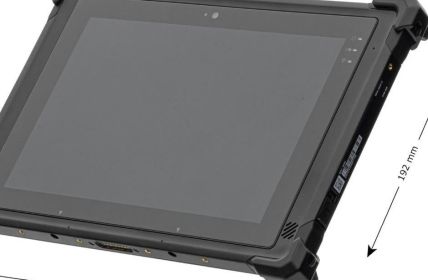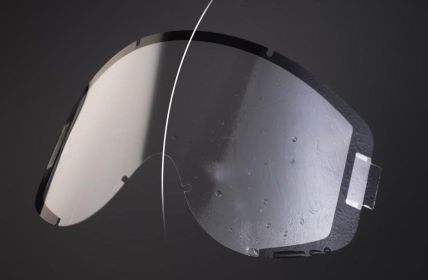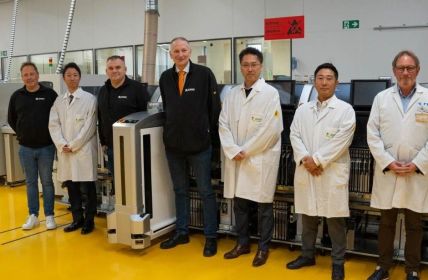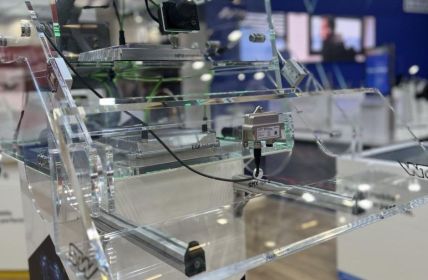Vodafone unveiled its Connected Consumer 2030 study, conducted by TheFutureLabratory, which predicts that continued advancements in connectivity will bring sustainable growth to the coming decade.
Table of Contents: What awaits you in this article
Golden Age through IoT
The report assumes that once all people, objects and all infrastructure are networked, that not only would enormous potential savings be derived from obviously limited resources. Increasing networking would also help to decisively expand existing business models. In addition, it could also be used to discover and profitably leverage potential that is still unknown today.
In addition, it could also be used to more effectively address the fundamental problems of humankind that are already becoming apparent today. All of this will be possible with an anticipated number of IoT-enabled devices of 120 billion by 2030. On average, this would mean that each person would then have about 15 IoT end devices.
Sustainability is key
Recent research has determined that humanity currently consumes 1.5 times more resources in its daily life than the planet can possibly provide. This is visibly opening doors to disruptive technologies to solve this discrepancy that were previously closed.
Especially because research from Allied Market Research suggests that the market for sustainable solutions will have a potential of at least £36 billion by 2027. But saving emissions of up to a third of the required total through technology-induced behaviors is also increasingly proving to be a powerful argument.
IoT for a healthier environment
It wouldn’t have taken the current pandemic crisis to realize that many people are living beyond the means that their environment actually provides them. Too much unnecessary travel and overconsumption on finite resources are the main causes of most environmental, economic, social and even health problems. New ways of thinking and models are needed to allow growing populations to survive on limited space.
More green for a better life
That even small beginnings can usually achieve great things in the process is a view that seems to be slowly gaining acceptance. More and more studies are coming to the conclusion that some of the ecological changes already on the horizon can be mitigated through the use of smart techniques. More healthy trees, for example, in the most traffic-cleaned urban migration magnets possible could not only help reduce emissions of climate-damaging gases.
They would also be very helpful in reducing the temperature and air conditions that are unbearable for many during the warmer months. Something that could also help reduce the high death rates in cardiovascular compromised individuals during the summer months. Its contribution to the mental health of residents is also evidenced today.
Vodafone: IoT partnership for better air
Vodafone seems to have recognized and immediately seized this opportunity to use IoT technology in this situation. For example, the company entered into a partnership with the Ministry of the Environment. The core of the project is to equip trees with IoT sensors to support their growth. This involves determining soil conditions, ambient temperature and humidity, among other things. The values generated in the process can not only provide information about the actual needs of the green oxygen producers.
Superfluous or urgently needed irrigation and nutrient additions can be carried out much faster and more efficiently than before. Conserving resources while investing in their expansion sounds like a worthwhile way to tackle the problems of the present and the future.


